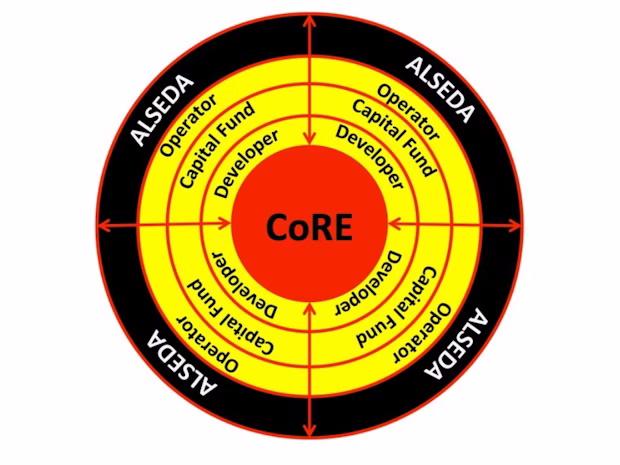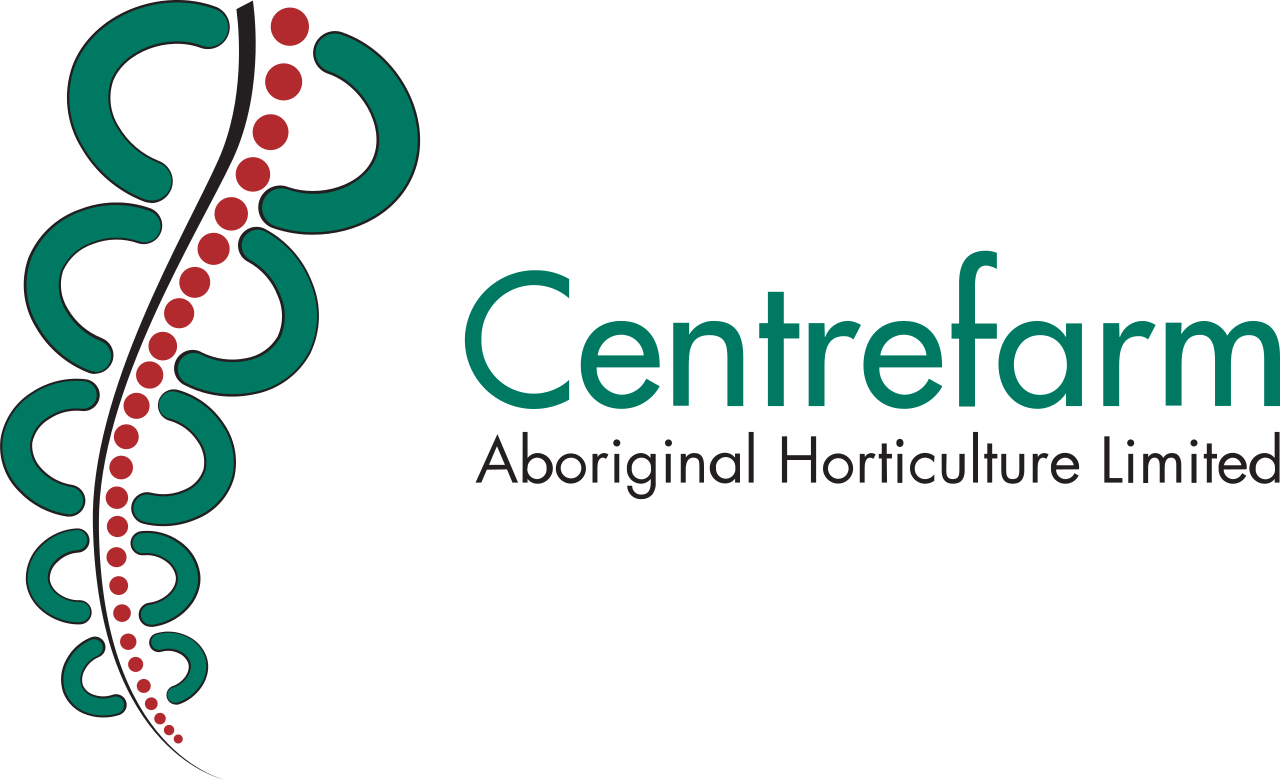The Aboriginal Land Economic Development Agency
CoRE – Country, Relationships, Economy
ALEDA will drive the Strategy on the ground utilising the Pilot Capital Fund, and provide a central location for stakeholder engagement and policy development. The third challenge in the remote commercial development space is “adaptive capacity”.
With respect to the economic development of the NT Indigenous Estate, this adaptive capacity relates to both Aboriginal adaptive capacity in transitioning from a welfare-based economy to a market based economy utilising Aboriginal land assets; and to the adaptive capacity of governments and the wider economy to respond to Aboriginal aspirations, process and protocols in the development of the significant opportunities presented by the NT Aboriginal Estate.
Aboriginal people not only deserve to be in the driving seat of the development of their lands, but also bring many strengths to this table. Creative and radical thinking is required to re-set the relationships between Indigenous and non-Indigenous people, supporting the kind of structural reform that will enable innovation and success.
Commercial activities are well understood and regulated for a non-Indigenous environment. But the non-commercial aspects of remote area economic development are more complex and nuanced, and services in this space are often patchy, absent or intermittently funded, delivered ad hoc by a variety of service providers, and not coordinated or linked to any clear overarching goal or framework.
Successful remote economic development begins with strong local knowledge. An understanding of the local features of each project must then be supported by a recognised process for meeting on-the-ground requests and delivering effective responses in response to emergent needs. As noted by the Productivity Commission:
“regional development has the best chance of success when it involves regional communities taking a leadership role in planning their own development needs and identifying strategies for how best to facilitate development.” (2017:25)
Access to identified services should then be available on demand to support and enhance each project’s viability and sustainability, rather than through a one-size-fits-all centralised program and top-down delivery process.
This requires a clear framework linked to a mutually understood goal. The framework will be driven by good communication and feedback loops that break down silos and create an integrated knowledge system that can be applied at a local level. This type of coordination is the foundation of successful economic development. It enables all stakeholders to see the goal, comprehend the process, and work together.
Described in the Strategy as CoRE (Country Relationships Economy) this process is closely linked to the Community Planning and Development activities that have seen successful management of income for social and commercial outcomes, and the growth of governance capacity to handle the meeting of financial and cultural requirements. However, CoRE will also have authority to operationalise the guiding principles across all ALEDA activity and will manage internal relations within ALEDA, ensuring cultural competency informs all decision making to support Aboriginal outcomes in the commercial development space. It will also coordinate the research requirements of ALEDA towards refining the Strategy, ensuring that the pilot phase delivers a smoothly working process for rolling out in 2024.
A framework for CoRE is currently under development in association with the Community Planning and Development Units of both land councils, their respective Land Management and Regional Development Units and with the Northern Australia Indigenous Land and Sea Management Alliance (NAILSMA). It will be refined though workshops with stakeholders during 2020.
The Joint Land Council Economic Development Strategy for the NT Aboriginal Estate (EDS) incorporates:
- ALEDA — as the Aboriginal owned lead agency to coordinate this strategy
- Capital Fund — as ALEDA’s engine to drive the strategy, wholly owned by ALEDA
- CoRE — as what ensures ALEDA and all its activities are consistent with Aboriginal principles, protocols, and processes; and in line with each individual project’s local aspirations and requirements.
CoRE is what makes the EDS an Aboriginal strategy, owned and operated by, with and for the Aboriginal people of the NT.

